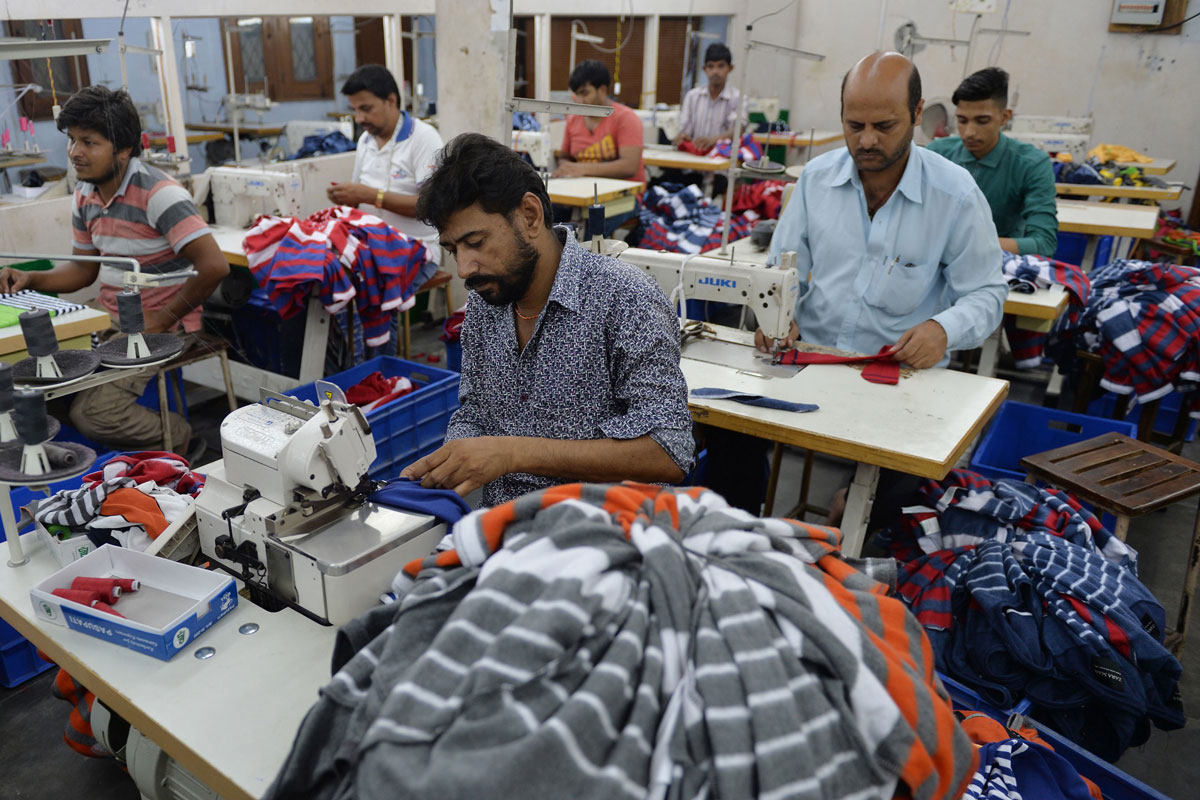Dr Ranjeet Mehta talks about India’s MSMEs and Economic landscape
PHDCCI CEO and Secretary General Dr. Ranjeet Mehta discusses MSMEs, predicts India becoming a $34 trillion economy by 2047, and shares insights on the rupee slide. .
The agreement was signed by Sameer Kumar Khare, Additional Secretary, Department of Economic Affairs, Ministry of Finance on behalf of the Government of India and Junaid Ahmad, Country Director (India) on behalf of the World Bank.

MSMEs (Photo: AFP)
The World Bank and the Government of India today signed the $750 million agreement for the MSME Emergency Response Programme to support the increased flow of finance into the hands of micro, small, and medium enterprises (MSMEs), severely impacted by the COVID-19 crisis.
The World Bank’s MSME Emergency Response Programme will address the immediate liquidity and credit needs of some 1.5 million viable MSMEs to help them withstand the impact of the current shock and protect millions of jobs. This is the first step among a broader set of reforms that are needed to propel the MSME sector over time.
Advertisement
The agreement was signed by Sameer Kumar Khare, Additional Secretary, Department of Economic Affairs, Ministry of Finance on behalf of the Government of India and Junaid Ahmad, Country Director (India) on behalf of the World Bank.
Advertisement
Khare said that the COVID-19 pandemic has severely impacted the MSME sector leading to loss of livelihoods and jobs. The Government of India is focused on ensuring that the abundant financial sector liquidity available flow to NBFCs, and that banks which have turned extremely risk-averse, continue taking exposures in the economy by lending to NBFCs. This project will support the Government in providing targeted guarantees to incentivize NBFCs and banks to continue lending to viable MSMEs to help sustain them through the crisis.
The World Bank Group, including its private sector arm – the International Finance Corporation (IFC), will support the government’s initiatives to protect the MSME sector by unlocking liquidity, strengthening NBFCs and SFBs, and enabling financial innovations.
Advertisement